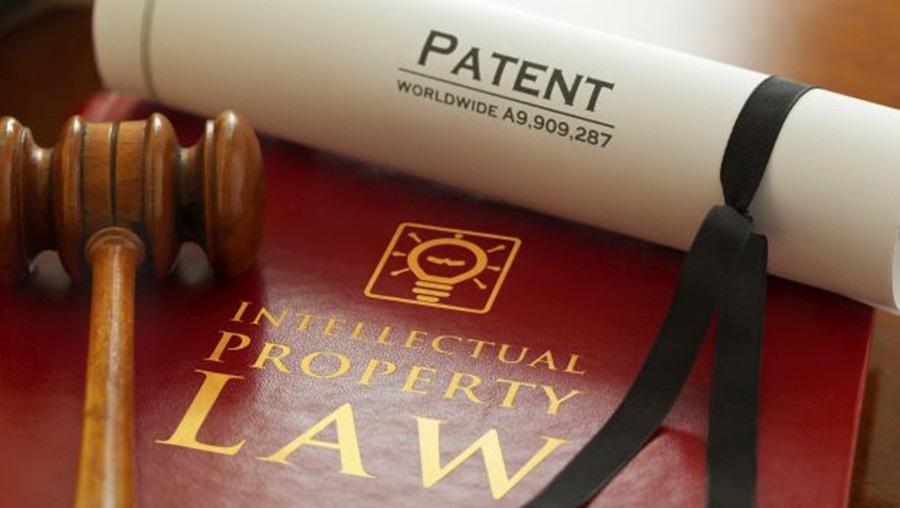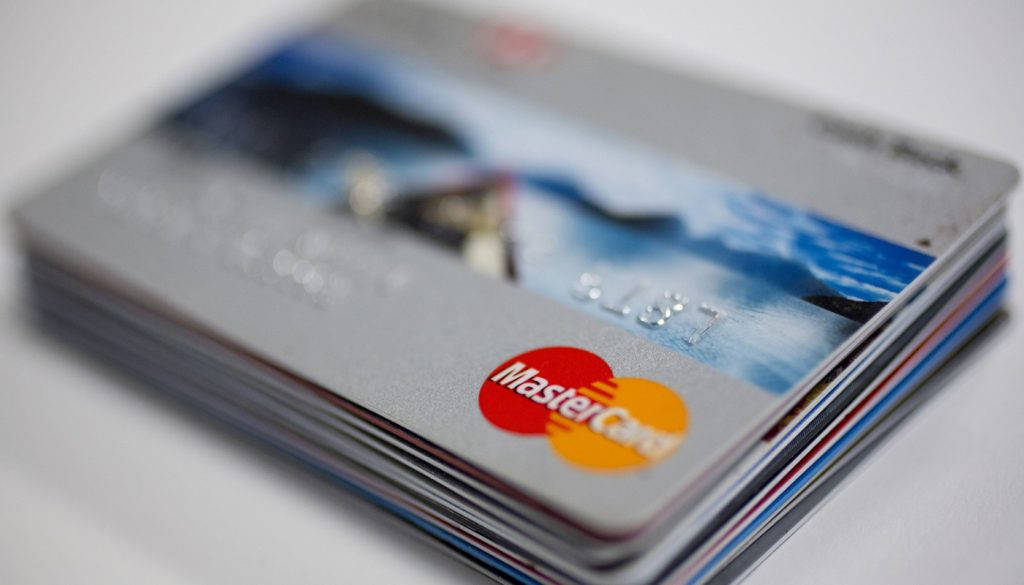

This week marks another set of patents granted Mastercard, which is part of a many years attempt by the payments behemoth to employ technology underpinning most cryptocurrencies. The latest turn involves anonymous distributed ledger transactions via a third party processor.
Also read: Bitlicense Should be Smashed, Candidate for New York Governor Urges
Mastercard Granted Still More Crypto Patents
In its latest crypto patent filings, Mastercard stresses “a need for a technical solution whereby an entity may participate in a transaction where transaction details may be posted publicly to ensure accountability and trust in the data, while still providing anonymity and inability of others to track individual transactions or volume information by transaction party identifying information of both parties of a transaction to satisfy the confidentiality needs of each entity involved in the transaction.”
The more than half-a-century old legacy payments institution based in the United States is a world leader. Tens of thousands of employees. Nearly $13 billion in yearly revenue. It is a staple of Standard & Poor’s component indices. Its principal global business is as an intermediary, trusted third party, between merchant banks, and their derivations, along with credit, prepaid, and debit cards.

United States Patent Application 20180181953, granted yesterday after having been filed back in late December of 2016, reads in abstract, “A method for posting of anonymous directed transaction includes: storing a plurality of entity profiles, each including an entity identifier and a secret value; receiving a transaction request from a first entity, the request including transaction data and a specific entity identifier associated with a second entity; identifying a specific entity profile that includes the specific entity identifier; generating a first hash value via application of one or more hashing algorithms to the transaction data; generating a second hash value via application of one of more hashing algorithms to a combination of the first hash value and the secret value included in the identified specific entity profile; and posting the first hash value and second hash value to a publicly accessible data source.”
Loosely translated, a public blockchain transaction, as it exists in its popular forms with regard to bitcoin core (BTC), just might be a key in holding back more crypto acceptance on a broader scale. Of its many ironies, BTC’s open ledger provides a wealth of information for both consumers and businesses, and aspects of industrial espionage are sure to follow, something giants like Mastercard are keen to avoid at all cost.
Privacy for Mastercard is Different than Privacy in the Crypto World
The cryptocurrency world has continued to tackle the issue of private, cash-like transacting since its inception. Alternatives abound among tokens and alternative coins, and their numbers and intensity are growing at record paces.
 For traditional payments companies, avoiding a public distributed ledger is equally growing in importance. They’ve several masters to please, including lawmakers and regulators who wish to grant such transaction access to police. Eliminating peer-to-peer features is also very important, and so third party processors are vital to the company’s plans. A lucrative side business is to sell such information to other companies hoping to exploit its proprietary data for advertising purposes, for example.
For traditional payments companies, avoiding a public distributed ledger is equally growing in importance. They’ve several masters to please, including lawmakers and regulators who wish to grant such transaction access to police. Eliminating peer-to-peer features is also very important, and so third party processors are vital to the company’s plans. A lucrative side business is to sell such information to other companies hoping to exploit its proprietary data for advertising purposes, for example.
Crypto-related patents recently granted to the company include travel and even coupons. They’re yet another ironic turn for a company with well-known hostilities toward the crypto community.
What do you think about Mastercard’s patent moves? Let us know in the comments.
Images via the Pixabay, Mastercard.
Verify and track bitcoin cash transactions on our BCH Block Explorer, the best of its kind anywhere in the world. Also, keep up with your holdings, BCH and other coins, on our market charts at Satoshi Pulse, another original and free service from Bitcoin.com.
The post Mastercard Latest Crypto Patent: Anonymous Third Party Transactions appeared first on Bitcoin News.
Comments
Post a Comment